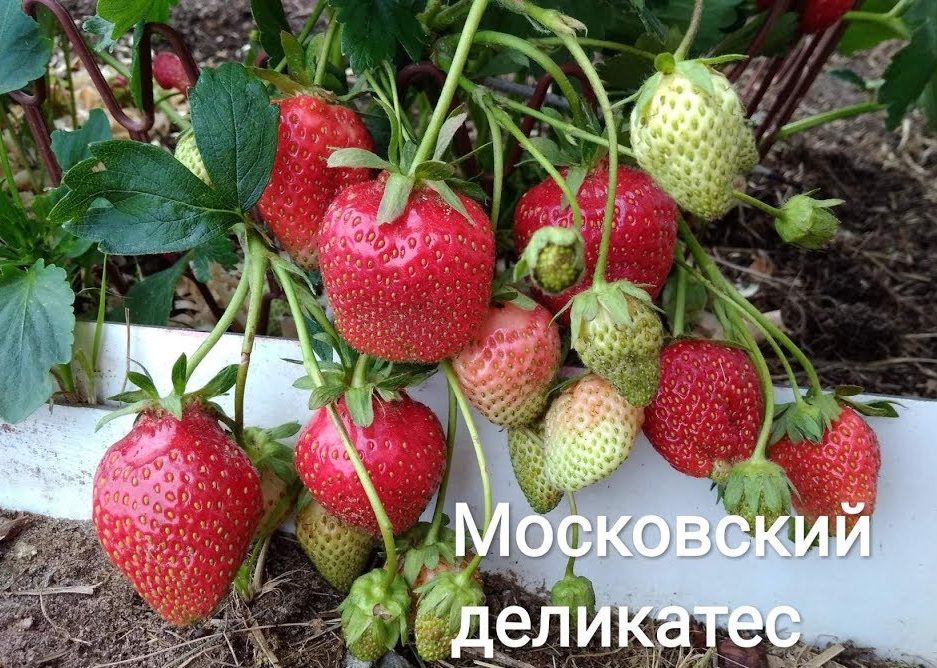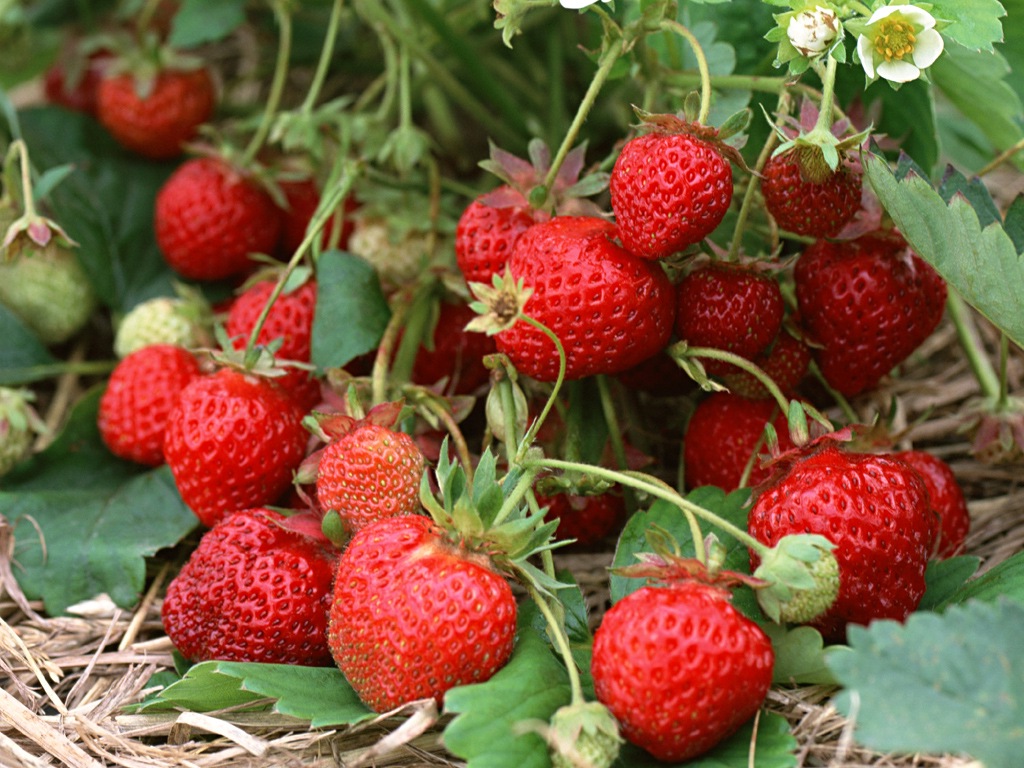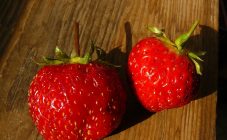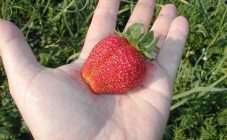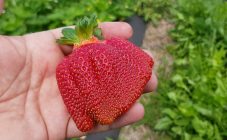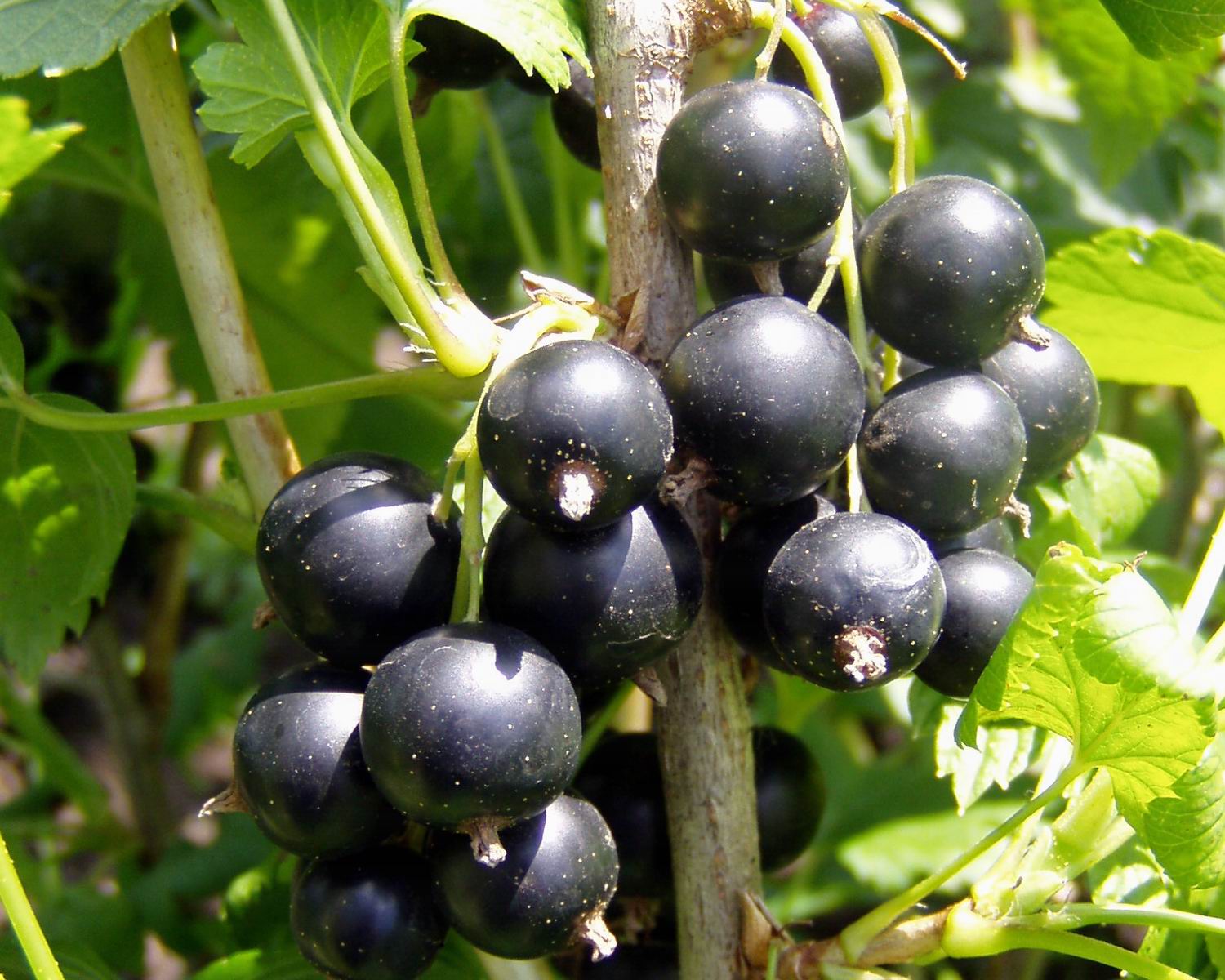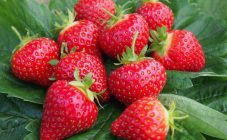Content:
Strawberry is a plant from the Strawberry genus and the Rosaceae family. Gardeners call the culture spanky, garden strawberries, musk, nutmeg. This plant is ubiquitous and developed into cultivated varieties that are resistant to cold and pests, giving a bountiful harvest for a long time. Among the popular crops is the Moscow delicacy variety, which has a set of the best qualities of survival and fruiting.
General information about culture
Strawberry Moscow delicacy is a hybrid of Dutch origin with remontant fruiting. Remontants (from the French “remontant” - re-flowering) bear fruit during the entire warm season, starting in the first year. This strawberry is two years old and bears fruit until autumn.
Description of strawberry varieties Moscow delicacy
Moscow gourmet strawberry has the following qualities:
- Early flowering, on average, flowers appear on the 30th day after planting.
- Long and abundant fruiting. Each plant produces up to 1.5 kg of fruit per season.
- A variety of neutral daylight hours: the length of the day does not affect the formation of flowers and buds in this strawberry, and the fruits can ripen all year round.
- Repairability: minimum 2 harvest periods per season in temperate climates.
- Frost resistance, allowing the plant to tolerate temperatures down to -25 degrees.
- Fruits are large and sweet, they tolerate transportation well.
Varietal plants of gourmet strawberries of medium size, up to 40 cm in height, green, practically do not let the "whiskers", therefore they multiply by seeds.
Cultivation of the Moscow delicacy variety
Sowing seedlings is carried out in the calcined ground with seeds in early March. Strawberry sprouts after 3 weeks. Three-leafed shoots are planted more freely, six-leafed shoots are transplanted into the ground according to the instructions at a distance of about 30 cm.
Before planting, the bed is carefully dug, 1/3 of the sand and 2/3 of humus are flavored over the ground.
Care
Watering should be reduced during the ripening of the fruit, so as not to damage the taste of the berry. Obligatory regular procedures - loosening and weeding.
For winter, in order to avoid freezing, strawberries are covered with sawdust, deciduous litter, on top - with special fiber and snow to create thermal insulation from the air, which is often colder than the surface of the earth.
A prerequisite for obtaining a rich harvest is weekly fertilization with dung and complexes with nitrogen, potassium and phosphorus.
Advantages and disadvantages of the variety
| Advantages | disadvantages |
|---|---|
| Winter hardiness | Picky to care |
| Recombinant | Doesn't like waterlogging |
| Good taste | Vulnerability to nematodes, strawberry mites and fungal diseases |
| Early maturity | |
| Year-round flowering |
The Moscow delicacy is resistant to common strawberry diseases.There are cases of infection of bushes with ticks or nematodes, as well as fungi, against which effective drugs are sold in specialized stores.
Tick infestation is manifested by drying of leaves and crushing of fruits. The nematode manifests itself by forming thickenings on the leaves, deforming organs and fruits. The fungus forms spots in wounded and healthy areas, affects the berry. At the first sign of the disease, the infected part or plant is removed, and the land is treated with chemicals with insecticidal and fungicidal action.
Strawberry Moscow delicacy is a hybrid that is excellent in all characteristics and does not have critical weak points. Subject to a moderate watering regime, constant treatment and pest prevention, the variety will be the best choice for gardens of a temperate strip.
